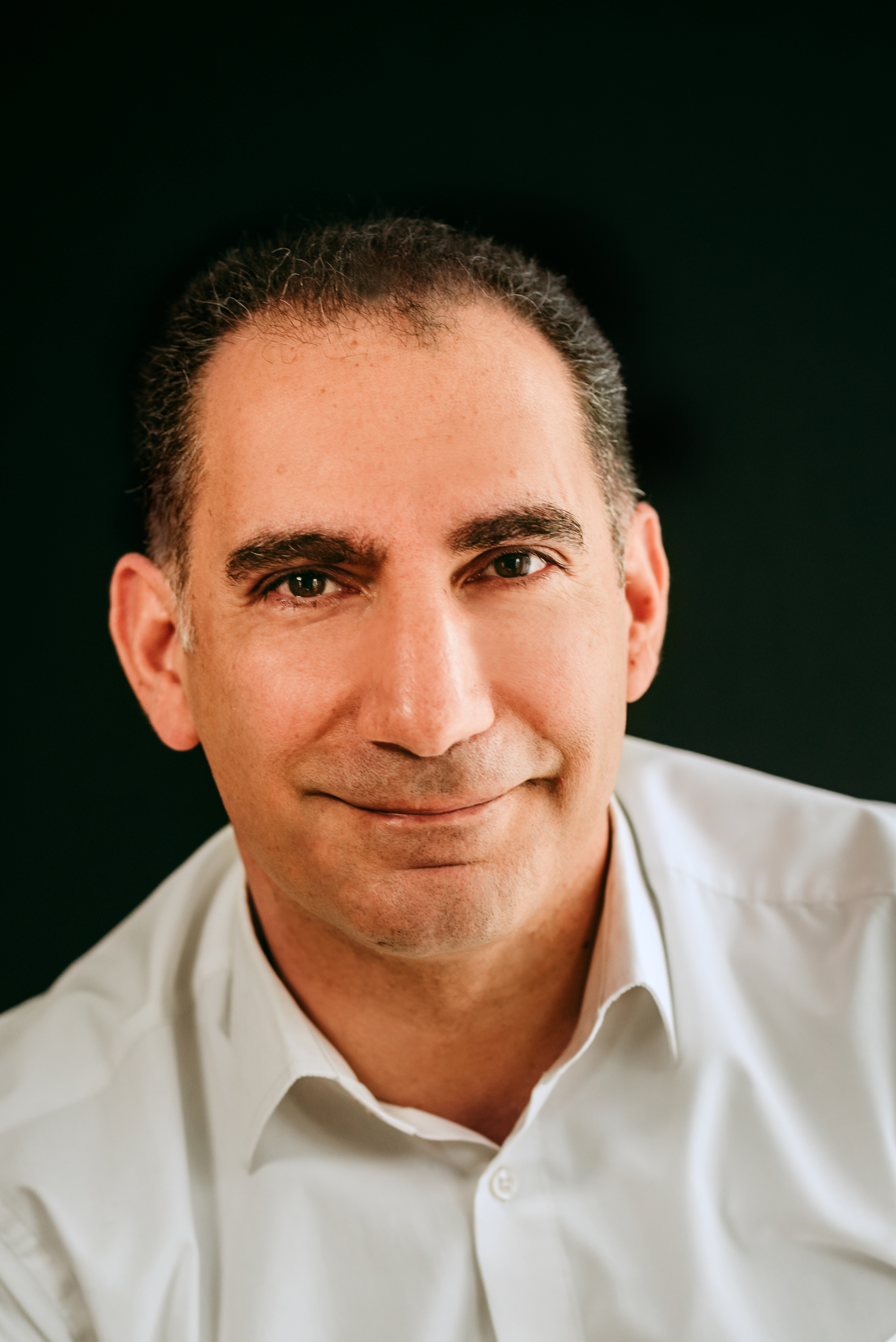Bio
 Wadih holds a PhD in Mental Health and Drug Addiction Epidemiology from Johns Hopkins School of Public Health. Wadih joined UNODC (United Nations Office on Drugs and Crime) in 2005, first based in the Regional Office for Middle East and North Africa (MENA) in Cairo-Egypt. In this capacity, he supported assessment of drug situations and development related drug response strategies, while building technical assistance on availing evidence-based prevention of drug use and treatment of substance use disorders in the region. Since 2010, he started managing a global programme on Prevention of Drug Use, Violence and Crime from UNODC HQ in Vienna. This programme promotes evidence-based prevention interventions and policies in line with the UNODC WHO International Standards on Drug Use Prevention. Further to the promotion of the Standards the programme aims to develop, pilot and assess the impact of family skills responses in preventing drug use, crime and violence (including in humanitarian settings) as well as life skills education responses in schools and in sport settings.
Wadih holds a PhD in Mental Health and Drug Addiction Epidemiology from Johns Hopkins School of Public Health. Wadih joined UNODC (United Nations Office on Drugs and Crime) in 2005, first based in the Regional Office for Middle East and North Africa (MENA) in Cairo-Egypt. In this capacity, he supported assessment of drug situations and development related drug response strategies, while building technical assistance on availing evidence-based prevention of drug use and treatment of substance use disorders in the region. Since 2010, he started managing a global programme on Prevention of Drug Use, Violence and Crime from UNODC HQ in Vienna. This programme promotes evidence-based prevention interventions and policies in line with the UNODC WHO International Standards on Drug Use Prevention. Further to the promotion of the Standards the programme aims to develop, pilot and assess the impact of family skills responses in preventing drug use, crime and violence (including in humanitarian settings) as well as life skills education responses in schools and in sport settings.
Abstract
Defining the role of law enforcement in substance use prevention with special focus on the school setting: guiding document
Background
We aimed to developed a guiding document focusing on the role of law enforcement in drug use prevention within educational settings.
Methods
We surveyed the different aspects of law enforcement officers (LEO) programmes. We identified law enforcement practitioners (nominated by UN member states) and prevention science experts who were invited to an online technical consultation meeting to contribute to the development process of the guiding document. Then a follow up meeting of practitioners was set up to benefit from their expertise.
Results
A total of 43 UN member states answered the survey: LEO are implicated in substance use prevention activities in schools (93%); prevention activities are done through environmental policies and in person programmes focused on either substance awareness programmes or social and emotional skills programmes (34%); LEO are implicated in prevention programmes in schools as a special unit within police force, trained on substance use prevention (67%); substance use prevention is guided by a national strategy for coordination and delegated to local administration for adaptation (53%); the involvement of LEO in substance use prevention in schools is systematic (63%).
Conclusion
We are in the final step of the process of developing the guiding document.
